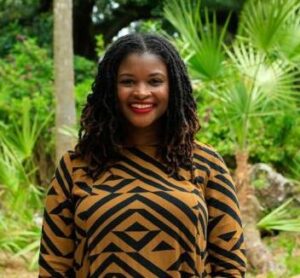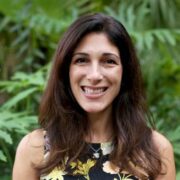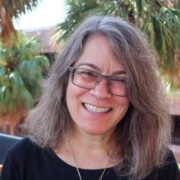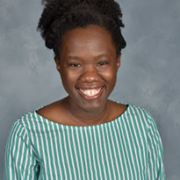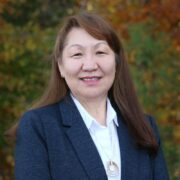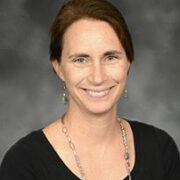Research Spotlight: Taryrn T.C. Brown
Q & A with Taryrn T.C. Brown, Ph. D., Assistant Professor in the School of Teaching and Learning
What research are you currently working on?
My research interests sit at the nexus of Black feminist thought and Black girlhood studies in education. My research agenda thus contributes to the growing scholarship in experiences of Black women and girls through an overarching attention to mapping spatial geographies across time and space, centering relationships in knowledge production and epistemology, and acknowledging the ways Black women and girls document themselves against the archival grain. This collective interdisciplinary work embodies a theoretical extension of intersectionality as a tangible way to support research projects that center equity, advocacy, and culturally sustaining pedagogies both inside and outside of various educational contexts.
Currently, I am Principal Investigator on a study, Co-Creating Learning Communities in Black Girlhood. The purpose of this study is to better understand how we craft community through thought-partnership and community-based research to highlight the transformative and liberatory work grounded in Black Girl praxis, knowledge, and practices. This project has fostered research, supervision, and mentoring for doctoral and undergraduate students across multiple programs with research interests in Black Girlhood.
I also currently serve as Co-PI on the project Something Inside So Strong, Exploring the Freedom School Model, a funded project by the Children’s Trust of Alachua County. This study explores the culturally responsive model of the Children’s Defense Fund Freedom School, that engages children in rich literacy practices, exposes students to extra-curricular activities, and empowers participants to affect change in their communities. This study also is designed help better understand how the Freedom School model serves the needs of individuals and communities connected to the program, including servant leader interns and program leaders, parents, and scholars. I also serve as Co-PI on the project titled, Culturally Responsive Instruction in Algebra Nation funded by the Bill & Melinda Gates Foundation: Balance the Equation – A Grand Challenge for Algebra 1 to develop learning modules to enhance culturally responsive practices and competency training for teachers and to center the lived experiences of Black and Latinx students in curriculum development.
What is the broader impact of your research?
The broader impact of my research aims to inform and amplify Black women and girls beyond survivability towards a generative frame of belonging, community, justice, and equity. Using various theoretical foundations (e.g., Black feminist thought, ecological systems theory, intersectionality, Black girl literacies, and Black girl cartography), I have a program of research that has three major foci: 1) the intersection of gender, race, and class in the lives of Black girls in and out of school settings, 2) amplifying Black girls’ voices in prevention science; and 3) the role parents, schools, and communities play in Black girls’ socialization, literacies, and identity construction. Currently, these foci are explored through visual and critical methodologies (e.g., youth participatory action research, photovoice, photo elicitation, and collaborative ethnography), digital activism, and archival methodologies to consider how new media technologies might serve as integral tools for disrupting dominant deficit discourses of Black girls.
What other research topics are you interested in?
As a Black feminist scholar with experiences across the humanities and social sciences, my approach to research is situated in a solidarity and coalition building framework that centers knowledge, resources, people, and histories. This has created several pathways of exploration in the interdisciplinary field of Black girlhood studies. To that end, I am currently pursuing a new strand of research in Black girlhood that examines critical digital literacy practices of Black girls. Grounded in Black feminist epistemologies, I am exploring how Black girls leverage technologies to account for their ways of knowing and existing in the world, including using technology to author activist identities and express feelings of agency.

